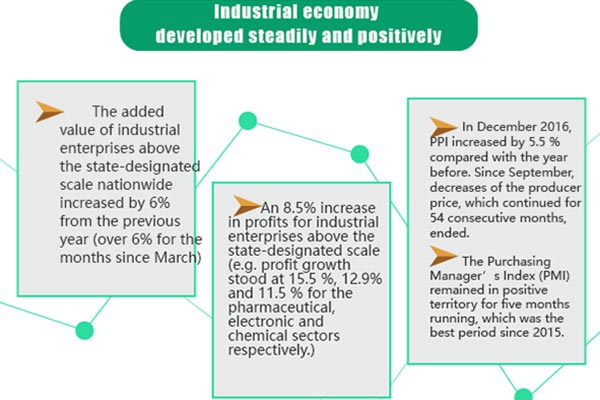New housing rules planned for migrants
Chen Zhi, secretary-general of the Beijing Real Estate Association, agreed with him that the tough job for governments is to release details, adding that the first problem the government encounters is how to define the qualified migrant workers, including how long they have worked in the city and whether they have stable jobs.
Zhao Duo, 26, a new graduate from Xi'an, Shaanxi province, left Beijing after working there for a month because of the capital's high housing prices and rent.
"I cannot afford the high price to buy a house or pay most of my money on rent," he said, "So the public rental house is a better choice, but I don't how long it will take."
He said one of his colleagues handed in an application in 2012 after it was open to people like him without hukou, or household registration, yet hasn't heard back.
The current huge demand for these affordable houses from local residents is another problem, said Chen, also an expert for the Beijing Municipal Commission of Housing and Urban-Rural Development.
In Beijing, more than 100,000 families with hukou, a registered permanent residence, have been on the waiting list for two or even three years, he said.
"If the government cannot increase the supply, the guideline that allows migrant workers will not work well," he said.
The annual plan released by the top housing authority said 2013 will see the start of construction of about 6.3 million units of subsidized housing in China, while 4.7 million others will be completed.
More than 10 million units of housing in shantytowns will be improved in the next five years, the State Council said.

















